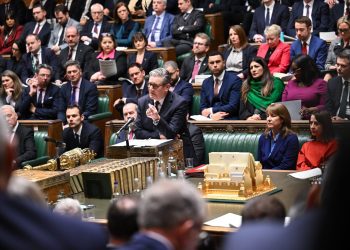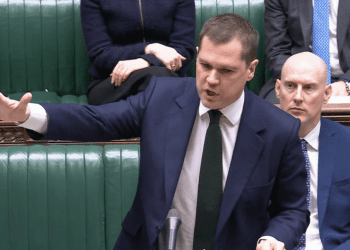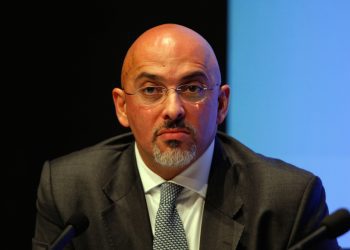A child facing surgery, having a blood test or needing an MRI shouldn’t have to feel terrified. Yet too often they do, unless they’re lucky enough to be in a hospital with a health play professional.
This week is Play in Healthcare Week – a nationally-recognised celebration highlighting the crucial role of play for children in healthcare.
It is an opportunity to acknowledge the progress that has been made and the growing recognition of the benefits of play. Yet it is a reminder of the work required to make play a consistent part of every child’s healthcare experience across the UK.
Healthcare is meant to heal, yet for some children it causes trauma. From routine vaccinations to surgery, and visiting the GP or dentist, fear and negative experiences can have long-term impacts.
Sedating or anaesthetising children for procedures such as MRIs or scans, which rely on patients being immobile, are commonly used. Starlight’s research shows that not only does this incur additional costs due to additional staff and after care, but these practices are also medically unnecessary and can have side effects.
However, play can significantly reduce the need for sedation or general anaesthetic and transform children’s healthcare experiences. Health play professionals are vital in helping children prepare for surgery, easing anxiety, and supporting families by explaining treatments in child-friendly ways.
Starlight’s research also shows that play-based interventions boost confidence, reduce pain and trauma, protect mental health, and foster positive lasting engagement with healthcare.
In a recent YouGov poll of UK children aged 6 to 15, 46% said these services made healthcare better because it helped distract them from what was happening, and 31% said play helped them cope. For babies, children and young people, play in healthcare isn’t a luxury, it is a necessity.
Yet access remains inconsistent. Some hospitals have established play teams, while others rely on overstretched staff or charity support. Too often, whether a child benefits depends on where they live. That postcode lottery is simply not fair and must end.
In June, Starlight and NHS England launched the Play Well Toolkit, providing guidance to embed play across the NHS. In July, I hosted parliamentary roundtable, bringing together key stakeholders to discuss how to drive the Toolkit’s implementation.
Yesterday I was proud to continue that work by hosting a parliamentary drop-in event with Starlight. Parents, young people, and practitioners shared their experiences with the dozens of MPs and peers in attendance, which included several Ministers.
Families spoke of how play transformed frightening hospital visits into more positive experiences, while practitioners explained the significant benefits play is delivering, both in terms of patient outcomes and in enabling them to deliver efficient care and cost savings.
For many MPs and peers, it was their first chance to hear first-hand about play’s transformative impact. Many MPs asked me what more they could do to support these efforts.
From writing to local ICBs and NHS trusts, asking them to adopt the Play Well Toolkit, to ensuring health play services and health play professionals are part of the implementation of the landmark 10-Year Health Plan, all MPs have a part to play. I am proud to be working with Starlight to increase awareness of their vital work.
This matters not only for children, but for the NHS. Evidence shows play can shorten recovery times, reduce additional and costly interventions, and strengthen trust between families and professionals. It supports better outcomes, reduces pressure on the workforce, and aligns with this government’s efforts to put patient experience at the heart of care.
Taking play seriously and ensuring it is embedded more deeply across children’s health services will give young patients confidence, resilience, and reassurance during the toughest moments of their lives.
I am deeply committed to the government’s ambition to raise the healthiest generation of children ever. Play is one of the most effective tools we have to achieve this, and it must be treated as such.
Play in Healthcare Week shows what is possible when play is prioritised and its potential is recognised. Now, our task is clear: to turn evidence into action and ensure every child, in every healthcare setting, benefits from play. Not just this week, but every week.
Politics.co.uk is the UK’s leading digital-only political website. Subscribe to our daily newsletter for all the latest news and analysis.
The post Alistair Strathern: ‘Play in Healthcare Week – making every child’s right to play a reality’ appeared first on Politics.co.uk.































